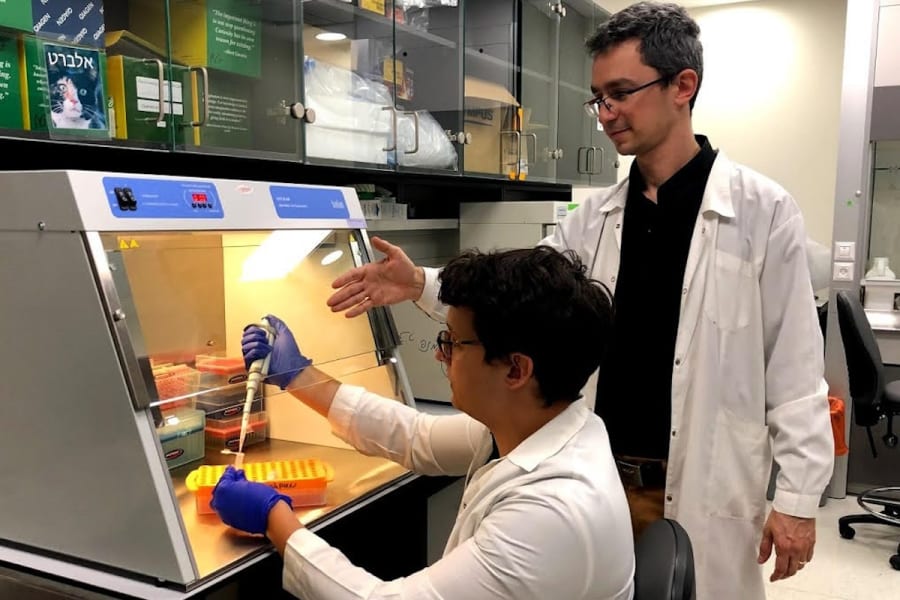Global companies increasingly boycott joint research with Israeli hospitals

Global corporations have increasingly postponed or canceled requests from Israeli hospitals for joint research, according to recent figures from top Israeli hospitals.
According to an unnamed Israeli Health Ministry official, “Some companies canceled, and others postponed because research coordinators didn’t come to Israel.”
The decline in research collaboration agreements with global corporations became evident, with Helsinki Committee requests dropping by one-third from January to August 2024, according to Tel Aviv's Sheba Medical Center, Israel's largest hospital and a frequent partner for international research.
Helsinki Committees approve applications from researchers, research companies, pharmaceutical firms and academic institutions for human trials or studies based on patient data and databases.
Similarly, Sourasky Medical Center in Tel Aviv reported a 10% decline in applications compared to 2022 and 2023.
The boycott is particularly problematic, not only because it harms Israel’s international reputation as a leading healthcare system, but also because it undermines valuable medical research and advancements that benefit global health.
The boycott is highly problematic, not only because it harms Israel’s international reputation as a leading healthcare system, but because global corporations constitute a significant source of income for hospitals. Without those international collaborations, Israeli hospitals will receive less funding for hospital development, the expansion of medical services, the extension of operating hours and improved staff conditions.
In 2021, according to Ynet, Israeli hospitals saw an influx of NIS 822 million (more than $220.5 million) in research collaboration agreements.
The chair of the Helsinki Committee and head of Ophthalmology at Assuta Ashdod Hospital, Prof. Joseph Pikkel, said that Israel has conducted years of research with international corporations.
“The Israeli healthcare system has international quality, and international companies asked and worked to conduct tests and trials in cooperation with hospitals in Israel through the Helsinki Committee for many years,” Pikkel noted.
He added: “In recent months, unfortunately, there’s been a significant drop in requests from companies to conduct trials and tests.”
Pikkel, however, was optimistic about the future and said Israeli research would continue to flourish.
“A vacuum won’t happen and Israeli researchers will see this moment as an opportunity to advance groundbreaking Israeli research, which could ultimately benefit science and medicine in Israel,” he said.
The Israeli Health Ministry, on the other hand, stated it had not yet seen a decline in cooperation but reported that the data was not final and is updated on an annual basis.
“According to the data currently available to the ministry, the number of applications submitted to Israeli Helsinki Committees appears to be similar between 2023 and 2024,” the ministry said in an official statement.
Israeli hospitals are not the only institutions in Israel to be facing challenges. The Israeli research community, in general, known for its high level of skills and innovation, is increasingly facing what Tel Aviv University Prof. Ido Wolf calls a “creeping boycott” because of the war in Gaza.
“In the past six months, the damage has become very apparent. Whereas pharmaceutical companies used to seek us out, today we have to fight them just to be included in a trial. Even scientific journals that used to favor and publish our articles are now rejecting us with various excuses. I'm talking about a new and threatening reality, one that we did not know in the past and certainly not to this extent,” Wolf said in April.

The All Israel News Staff is a team of journalists in Israel.
You might also like to read this:














